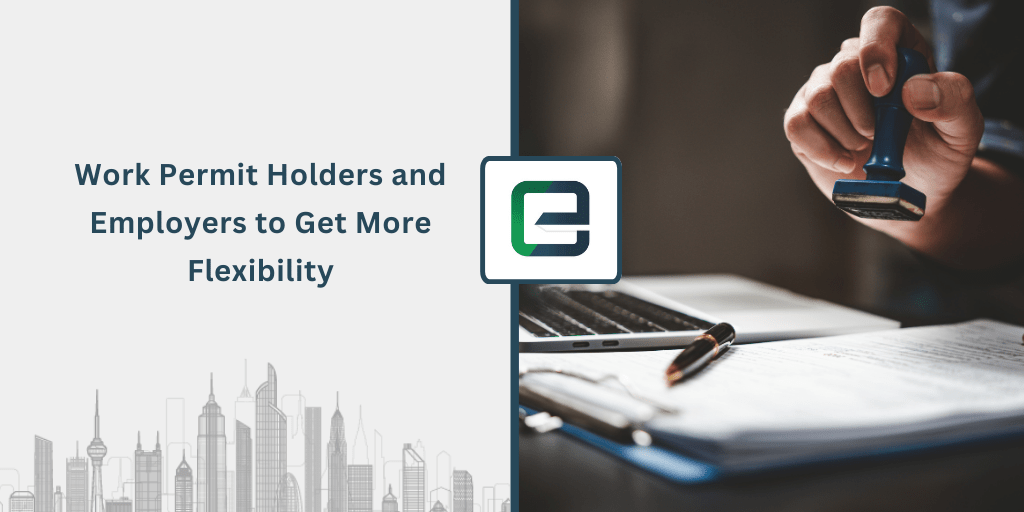Expanded Opportunities for Work Permit Holders in Singapore: Full Guide
Significant changes are being introduced to Singapore’s work permit system to provide greater flexibility for workers.
One of the biggest shifts is removing the cap on the duration that most work permit holders, excluding domestic workers, can stay in the country. Instead of being limited to 14 to 26 years based on their skill level and country of origin, they will now be allowed to work until the official retirement age of 63.
New Changes, Greater Flexibility
With this change, Singapore’s employers will have greater flexibility in managing work permit holders. In doing so, they’ll have greater retention ability over their experienced staff and reduce the cost of training new workers. This also supports local workforce development by allowing businesses to focus on higher-value roles for Singaporeans.
With the new rules, employees based in Singapore can now work for several more years, which not only provides them with greater job security but also enables them to continue contributing to their team by mentoring new staff.
Employers across manufacturing, services, and process industries have welcomed the move. The move will help improve workforce stability and allow better long-term planning. While there are some concerns about managing the health needs of older workers, many companies agree that the benefits of keeping skilled, experienced workers outweigh the challenges.
Expanding Non-Traditional Sources (NTS) Occupation List
The government is also expanding the NTS Occupation List. From June 1, employers will be able to hire work permit holders from more countries, including Bhutan, Cambodia, and Laos. This adds to the current list that includes Bangladesh, India, Myanmar, the Philippines, Sri Lanka, and Thailand. With more flexibility for work permit holders, companies will also be able to access a wider range of talent. This particularly is relevant for roles that require English-speaking workers in areas like hospitality and aviation services.
This is particularly important for industries like electronics, aerospace, and medical technology, where highly skilled manual work is needed and local workers are hard to find. Another update is to the Manpower for Strategic Economic Priorities (M-SEP) scheme.
Starting May 1, the support period will be extended from two to three years, and more companies will qualify. This scheme allows eligible businesses to temporarily hire more foreign workers than usual, giving critical industries room to grow.
S Pass Salary Requirements
At the same time, changes to S Pass salary requirements will still go ahead, with the final adjustment taking effect from September 2025. While this may be challenging for businesses with tight margins, it’s part of a broader effort to promote productivity, local hiring, and long-term sustainability.
In short, these new policies reflect a more flexible, responsive approach to Singapore’s evolving workforce needs. They provide more flexibility for work permit holders while supporting employers and ensuring that Singaporeans continue to move into higher-skilled roles. It’s a balanced step forward in addressing both immediate labour shortages and long-term economic growth.









